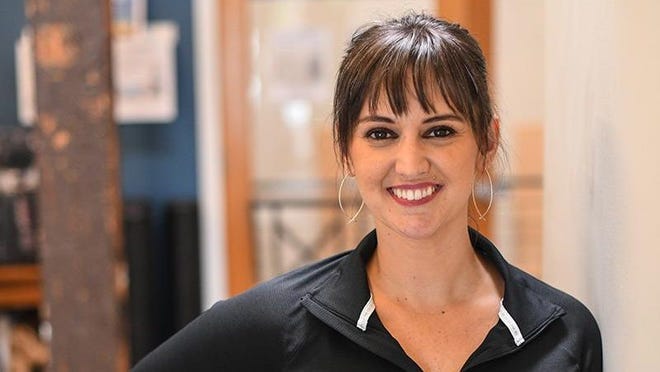Knee osteoarthritis is one of the most common forms of osteoarthritis. It accounts for more than 80% of all osteoarthritis and affects at least 19% of Americans over the age of 45.
For many, a diagnosis of knee osteoarthritis results in chronic, debilitating knee pain that prevents them from enjoying all of their favorite activities. Sometimes it’s simply because of the limiting belief that once you have arthritis, you’ll have “bad knees” for life. Sometimes it’s because you’ve been told you have “bone on bone” in your knee and there’s nothing you can do except limit activity so you don’t make it worse.
This way of thinking is flawed and often leads to unnecessary interventions and surgeries. One of the best things you can do to protect your knees from the debilitating effects of arthritis is to exercise.
Here are three tips to help protect your knees from arthritis as you age — so you can do all your favorite activities and avoid major procedures or surgeries:
1. Strengthen your hips and core
Your knee joint is just below your hips and core. And research has shown that poor hamstring control puts more stress on the knee joint. The strength of your hamstrings is very dependent on your hip and core strength. Your thigh bone — or femur — connects your knee and pelvis — and your core strength controls your pelvis. If your pelvis isn’t stable – your femur will have a hard time staying in line – which will ultimately affect your knee joint. When you have arthritis in your knees, it’s important to minimize any extra stress on your knee joints. Strengthening your core and having good hip strength will help prevent and minimize the symptoms of arthritis and keep you doing the activities you love longer.
2. Keep your knees flexible
Mobility before stability is my mantra. And I say this for almost every joint in your body. But it’s especially true for your knees. There are joints whose main function is stability – and there are those whose main function is mobility. Your knee must be flexible. Its primary purpose is to bend all the way down so you can crouch and pick things up — and it needs to straighten up all the way to give you stability when you need it. If any of these movements are missing, your ligaments and surrounding muscles will suffer. Many people just “accept” that their knees are stiff—especially if they’ve been told they have arthritis in their knees. The limiting belief is that stiffness is the order of the day. But the
The truth is that by keeping your knees flexible as you age, you can not only maintain the mobility you have, but improve what you lack. If your knees are stiff, start moving them. What you need to know about arthritis is that it’s a normal part of aging. The debilitating mobility is not. Even a 10% improvement in your knee mobility – which can happen even if you have arthritis – results in huge improvements in your knee function. It can be the difference between a natural solution to knee pain and major surgery like a knee replacement.
3. Don’t stop your activities
When people find out they have arthritis — and especially when they’re in pain — they often think that slowing down or stopping activity will help protect their knees. This couldn’t be further from the truth. Study after study – including one from the Centers for Disease Control – shows that in adults with arthritis, severe joint pain gets worse with inactivity. Staying active keeps blood flowing, your knees flexible and your muscles strong. These are very important factors in treating your arthritis. Sometimes the knee pain you experience when doing certain activities has nothing to do with your arthritis. Statistics show that only 15% of patients with signs of knee osteoarthritis on x-rays had any symptoms at all. That means the other 85% are walking, biking and running around and enjoying their favorite pastimes – although their X-ray also showed arthritis. The point here is that continuing your activity — whether you already have arthritis or not — is one of the best ways to protect and protect your knee joints as you age.
So – for verification …
If you want to optimize your knee health as you age — which you can still do even if you’ve been told you have “advanced arthritis” — prioritize your core strength, knee mobility, and stay active. Focusing on these three things can have a significant impact on how arthritis affects you — and help you avoid major (often unnecessary) surgeries in the future.
dr Carrie Jose, Physical Therapist and Pilates Expert, owns CJ Physical Therapy & Pilates in Portsmouth and writes for the Seacoast Media Group. To get in touch with her or to register for her upcoming Master Class for Patients with Knee Pain, visit www.cjphysicaltherapy.com or call 603-605-0402.
#tips #protect #knees #arthritis


Leave a Comment